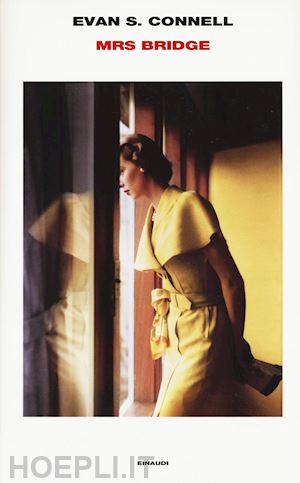

It was published it 1959, but the events take place between the two world wars. The subheading of this article was amended on 9 June 2022 to remove a reference to the novel being about a “1950s Kansas City housewife”. Mrs Bridge is a thoroughgoing critique of the unexamined life, and a valuable precursor to the generation of novels that sought to diagnose the central malady of mid-century American life: what Richard Yates later called “a lust for conformity… a desperate clinging to safety and security at any price”. Though she lacks the perspicacity to reply, Mrs Bridge is aware that the question concerns the “carbuncular presence” she senses – a lurking torpor which it becomes her life’s work to ignore. Mrs Bridge is tireless in her resistance, yet everywhere there are signs of unease: “Have you ever felt like those people in the Grimm fairy tale – the ones who were all hollowed out in the back?” asks her friend Grace before swallowing 50 sleeping pills. A dominating figure, he makes all the crucial decisions in his home but otherwise cannot be bothered by.

From all sides come threats to the fortress of her normalcy: odd gifts from an inscrutable relative arrive like portents of a disordered wider world, while as her children grow, their insistent modernity drives her to petty acts of retribution that are cruel and comic in equal measure. Walter Bridge, India’s husband, a narrow-minded and selfish man obsessed by the work ethic.

C hronicling the decline and fall of a Kansas City housewife, Evan S Connell’s 1959 novel is a gentle social satire that describes a life of unreflective comfort and bourgeois luxury, bounded by dinners at the country club and the faded social conventions to which its heroine clings as articles of faith.


 0 kommentar(er)
0 kommentar(er)
